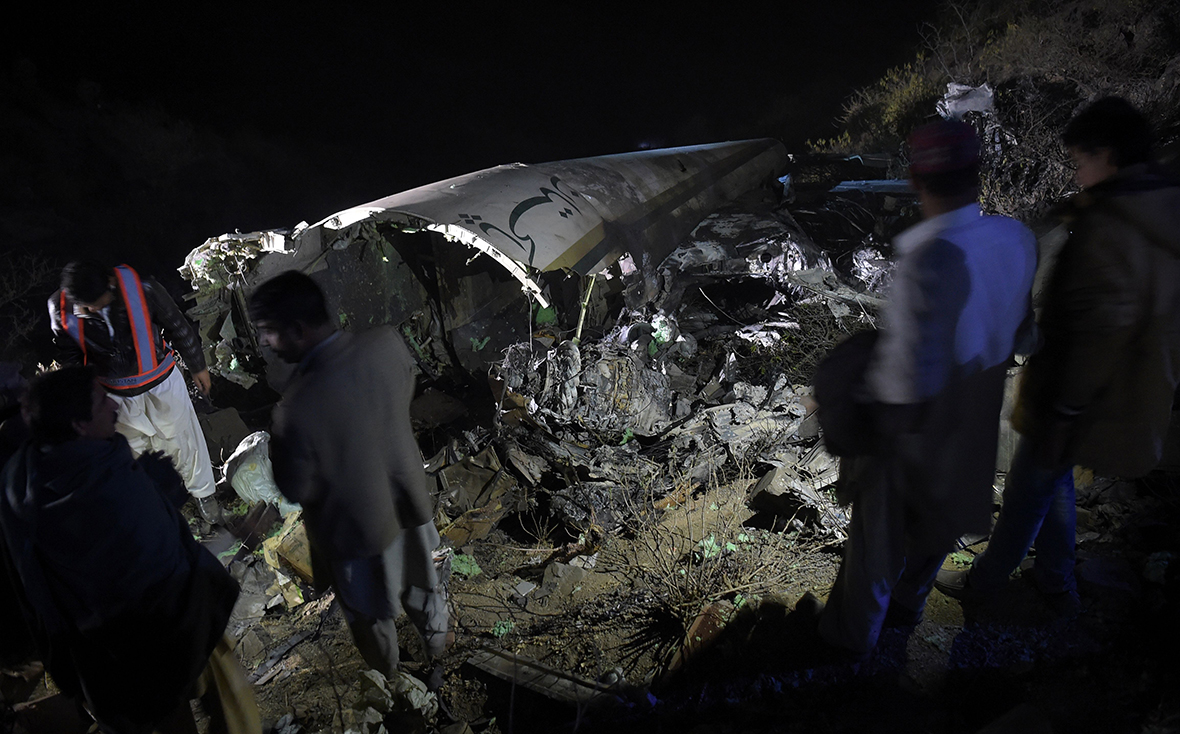Pakistan's flag carrier has been banned in the US and the UK beginning the month of July, after nearly a third of the pilots flying Pakistan International Airlines ( PIA ) have been found to be carrying suspicious and fake licenses.
The European Union Aviation Safety Agency ( EASA) has withdrawn its third country operator authorisation from the PIA. The suspension will be in effect for a duration of six months following further investigations on the Karachi crash in May, where all the passengers and its crew perished.
In the past six years, PIA has had two other incidents resulting in passenger fatalities. One was in 2016, when a domestic flight crashed on a hillside and all 47 passengers and crew lost their lives.
Pakistan Civil Aviation Authority Minister Ghulam Sarwar Khan revealed that 262 out of 860 active pilots from different local airlines across the country may not have actually taken the qualifying exams themselves but paid other parties to take the exam in their stead. Moreover, they are also believed to not have any flying experience.
In a letter sent by EASA to the Pakistan flag carrier, the agency said,"There are strong indications that a high number of Pakistani pilots' licences are invalid. PIA persists in failing to demonstrate compliance with the applicable standards."
As of this time, Pakistan International Airlines says 141 of its 450 pilots will no longer be utilised for any flying duties due to dubious degrees and other irregularities in their documents. Taking into consideration these recent developments, the US Department of Transportation also suspended the PIA from operating in the US while Vietnam has taken action and grounded 27 Pakistani pilots operating under VietJetAir and Jetstar Pacific.
Khan says that a list bearing the names of these fake pilots is being supplied to major airlines along with stringent actions to prevent them from flying again.
After the fatal Karachi crash, PIA has since been in hot water as preliminary reports from EASA unravel "successive breaches of multiple layers of safety defences in the safety management system".
From this point, the management of PIA is entitled to appeal against EASA's decision and is already in contact with the agency.


